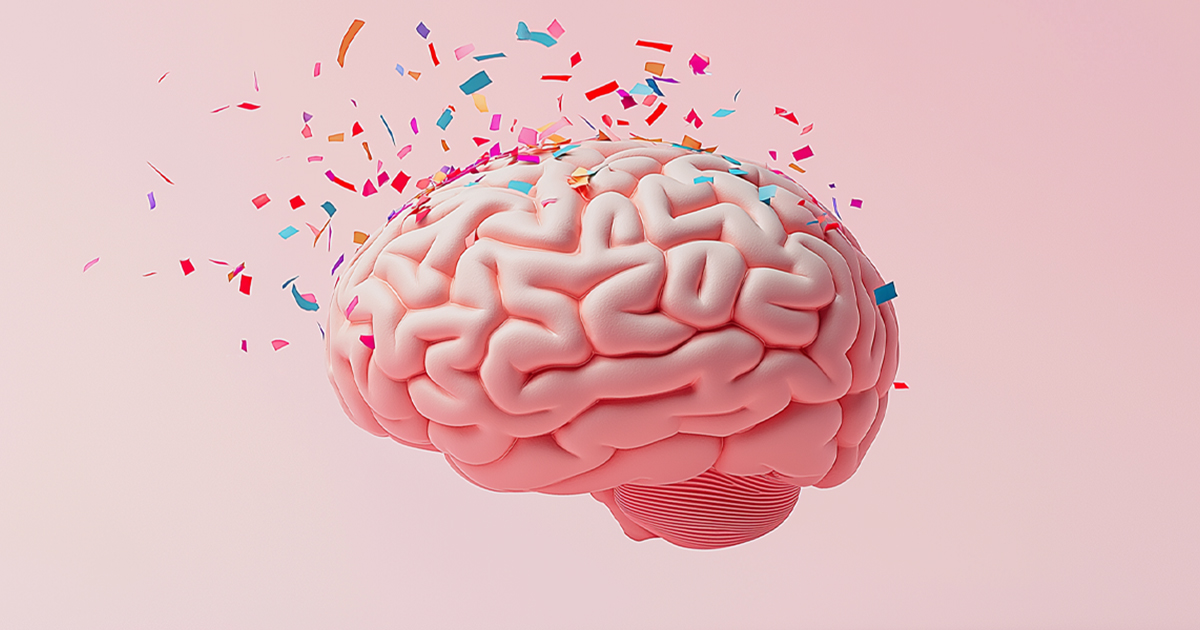
Dopamine often gets talked about as the “feel-good” chemical in our brains. It helps us experience pleasure when we achieve something, enjoy a delicious meal, or connect with someone we care about. Beyond simple enjoyment, dopamine plays a powerful role in motivation, focus, and learning. Understanding how it works can help you take charge of your habits, make more intentional choices, and build a life that feels both rewarding and balanced.
Understanding Dopamine
Dopamine is a neurotransmitter, a chemical messenger that carries signals between brain cells. It sparks when we anticipate a reward or experience something pleasurable. That surge teaches our brain to remember what led to that good feeling. This is why we repeat actions like eating our favourite foods or scrolling social media. In this way, dopamine drives habits, both helpful and harmful.
It also fuels motivation. While pure pleasure gives us a quick burst of enjoyment, the anticipation of pleasure often motivates us even more. When you set a goal such as finishing a workout, writing a page of a report, or preparing a healthy dinner, your brain releases dopamine as you make progress. That release feels satisfying and urges you to keep going. Learning new skills works the same way as every small success releases dopamine and reinforces the habit. Recognising how dopamine shapes our habits is the first step towards more intentional living.
Harnessing Dopamine for a Fuller Life
Many common struggles such as overworking, endless scrolling on devices, or unhealthy snacking, can start as simple dopamine-driven habits. A notification pings, your brain expects a hit of reward, so you pick up your phone. Next thing you know, half an hour has passed. Awareness is power. Notice which activities trigger automatic dopamine responses and ask whether they serve your long-term goals.
Start small. Choose one habit you’d like to change. If it’s late-night snacking, for example, pause and ask what need you’re really trying to meet. Are you bored, lonely, or tired? Addressing the underlying emotion can reduce the craving. Then swap in a healthier ritual like drinking herbal tea or reading a chapter of a book. Celebrating each day you follow the new routine lets you tap into that motivational dopamine surge.
Building a sequence of small rewards also helps with bigger goals. Want to write a book or train for a race? Break each project into manageable steps. Finishing a single chapter or running your first five kilometre stretch gives your brain a hit of dopamine and strengthens your resolve to continue. Tracking your progress adds another layer of reward, and watching checkmarks accumulate creates anticipation for that next hit.
Balance is essential. Too many high-intensity rewards makes ordinary tasks feel dull. If every free moment is spent on the most thrilling activities like gaming, binge watching shows, or scrolling social feeds, you may lose interest in simple pleasures like chatting with a friend or going for a walk. Intentionally schedule times for both rich and simple rewards. That way, a cup of morning coffee or a brief walk in the park can feel satisfying rather than boring.
How to Support Healthy Dopamine Levels
- Mindful breaks: Five minutes of deep breathing, stretching, or a quick walk can reset your focus and offer a small dopamine lift.
- Gratitude journalling: Writing down three things you’re grateful for each morning trains your brain to notice positive moments and boosts your sense of wellbeing.
- Consistent sleep: Good rest balances neurotransmitters and strengthens motivation the next day.
- Regular movement: Exercise reliably raises dopamine and other feel-good chemicals, improving mood and resilience.
Putting Awareness into Action
Start each week by picking one habit to observe. Notice when the urge to seek an instant reward rises. Ask yourself whether the action aligns with your intentions or distracts you from what truly matters. If it’s the latter, pause and replace that impulse with a small, positive alternative. Over time, these conscious pauses build momentum, rewiring your brain’s reward pathways towards habits that support a fuller, more intentional life.
Dopamine is not about chasing pleasure alone. It’s a tool our brains use to learn, grow, and stay motivated. Paying attention to its influence empowers you to shape your days with intention. With mindful practise, small rewards become stepping stones towards lasting change, the kind that makes life more fulfilling, and balanced.